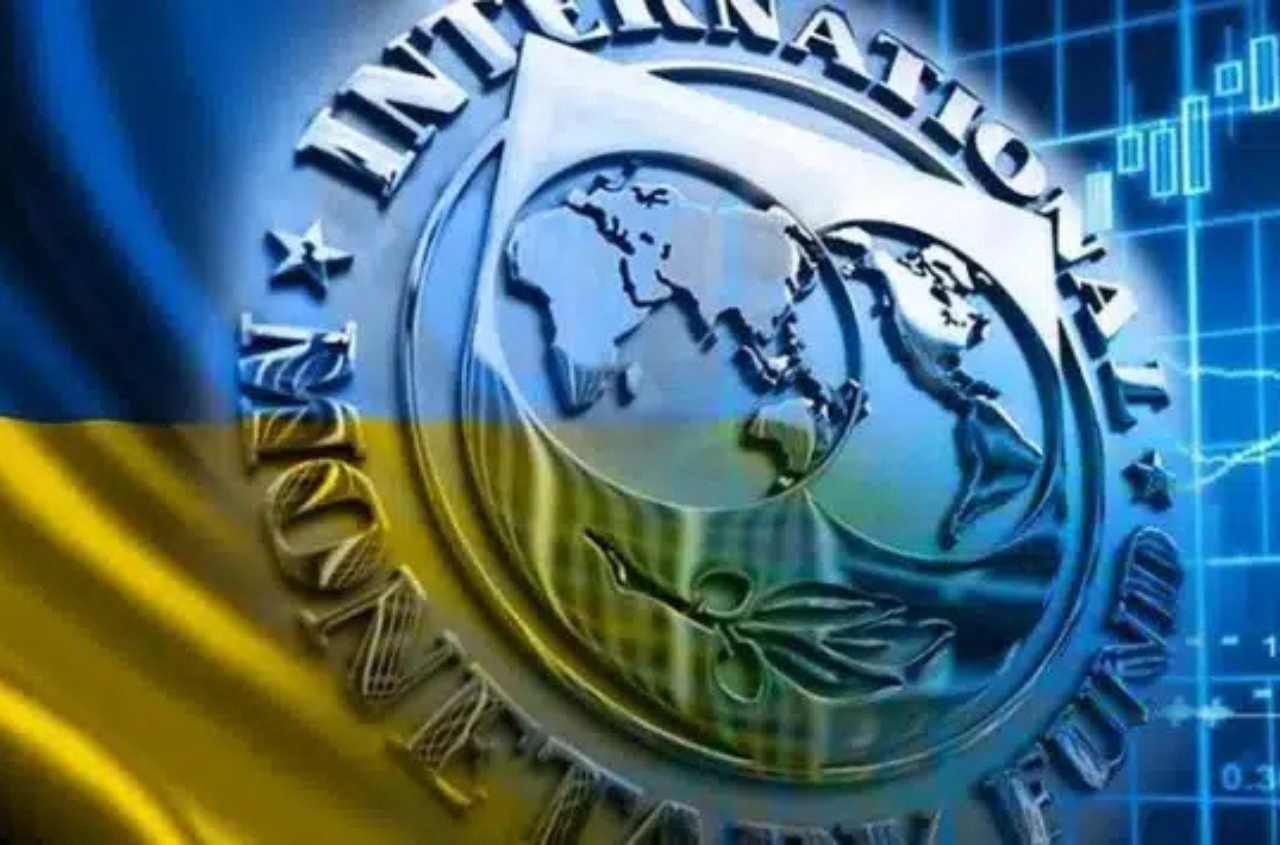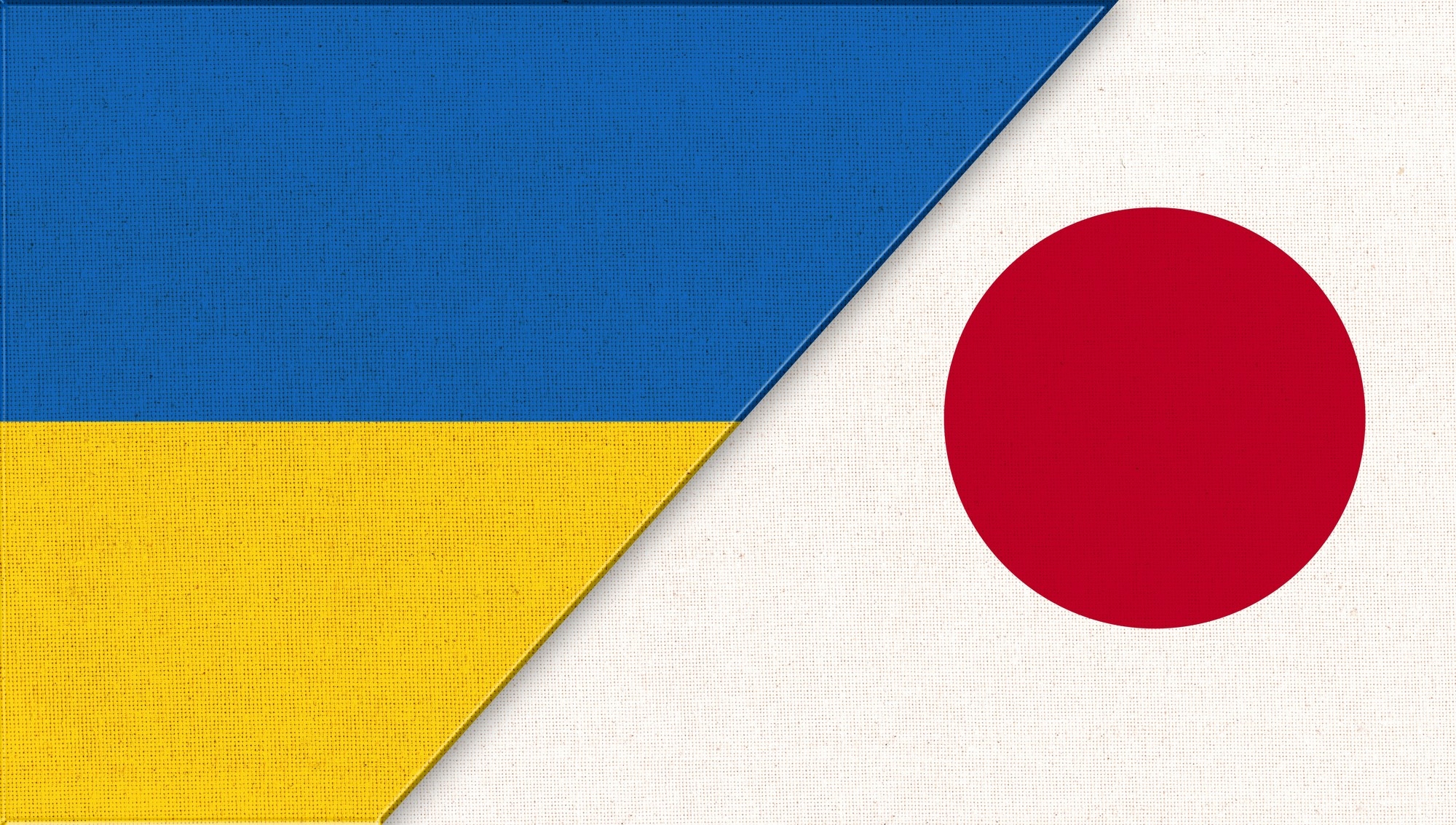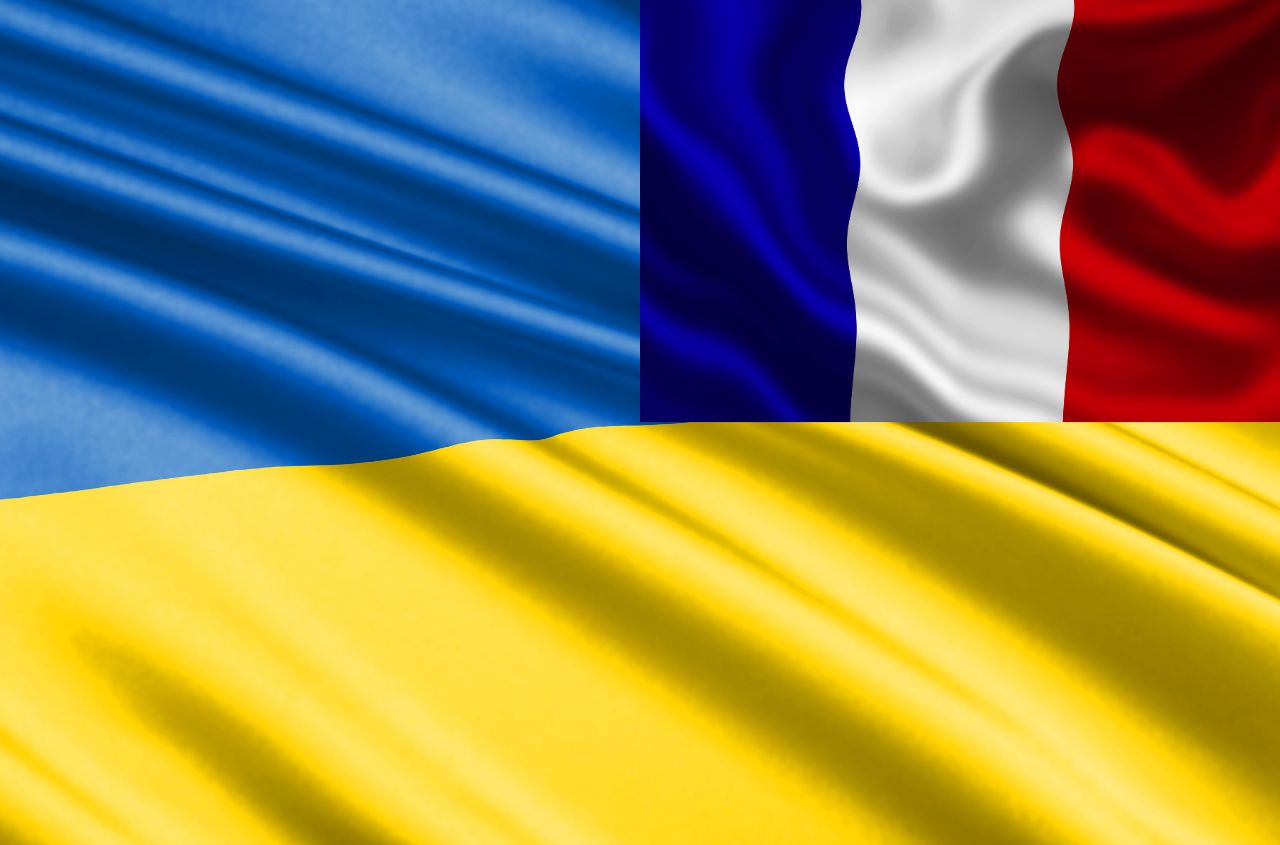The growth in the number of Ukrainian companies that have obtained Authorized Economic Operator (AEO) status has a dynamic similar to that of most EU countries in the early years of implementing the programme, and in some cases exceeds it.
It's worth noting that AEO status signifies a high level of trust in the economic operator. This status provides customs simplifications and advantages in international trade, which can also compensate for some border difficulties caused by external factors. Despite the challenges facing Ukrainian businesses, this contributes to their development and competitiveness in both domestic and international markets.
Ukraine obtained this opportunity in 2020, facilitated by the concerted efforts of the government, with support from the parliament and our international partners.
Despite the ongoing war, Ukrainian businesses have seized this opportunity and significantly increased the pace of obtaining AEO authorizations. Over the course of 3 years and 7 months of the AEO programme's operation (as of early March 2024), 31 AEO authorizations have been obtained.
For comparison, during the first four years of the AEO programme's operation in the EU (2008–2011):
• In more than half of the EU countries (17 member states), businesses had a similar or significantly slower pace of AEO authorization growth (Romania, Slovakia, etc.), or even zero growth (Croatia and Portugal).
• Businesses in 11 EU member states experienced faster growth in AEO authorizations (with the highest in France, Germany, and the Netherlands).
Ukrainian companies, currently only in the fourth year of implementing the programme and amid full-scale war, have already obtained 9 AEO authorizations in 2024 (as of March 5). Thus, since the beginning of 2024, they have been moving at similar rates to businesses in leading EU countries in AEO growth during the same period (11 in Germany, 10 in France, and 7 each in Croatia and Poland).
It should be noted that out of all authorizations requiring a financial assessment, 63% in Ukraine were obtained based on standard criteria and 35% based on reduced criteria introduced during the martial law.
However, rapid growth in the number of AEO authorizations in the early years of programme implementation should not be expected. This is evidenced by the dynamics in many EU countries: the "peaks" of AEO authorization acquisition occurred in later years after the programme's inception (from 7 to 12 years).
Comparatively slow AEO dynamics in the early years of programme implementation are characteristic of most European countries and their businesses. Among the main reasons are caution among businesses and a predisposition against any innovations.
However, today, despite the war, Ukrainian businesses cautiously but confidently enter the AEO programme and the customs simplification system, begin to use new services and opportunities for development that were absent before these changes were introduced.





















